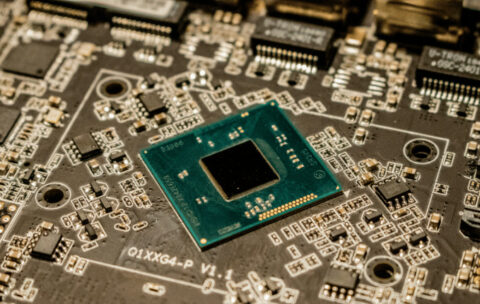Electronics and Circuit Design: Fundamentals and Applications
The course on Electronics and Circuit Design: Fundamentals and Applications …
What you'll learn
Understanding the basic principles of electronics, including Ohm's law, Kirchhoff's laws, and circuit analysis techniques.
Study of electronic components such as resistors, capacitors, inductors, diodes, and transistors, and their functionalities.
Techniques for designing and analyzing basic electronic circuits, including amplifiers, filters, and oscillators.
Exploration of digital electronics and logic gates for designing digital circuits and systems.
Application of circuit design software and simulation tools for practical implementation and testing.
Practice in building and testing electronic circuits using breadboards and soldering techniques.
Mechanical Engineering and Electrical Engineering Explained
“Mechanical Engineering and Electrical Engineering Explained” is an introductory course …
What you'll learn
Gain a comprehensive understanding of the fundamental principles and concepts in both Mechanical Engineering and Electrical Engineering.
Learn about the various components, systems, and processes involved in mechanical and electrical engineering projects.
Understand the application of engineering principles in real-world scenarios and industries.
Explore the role of mechanical and electrical engineers in designing, analyzing, and solving engineering problems.
Acquire insights into the latest trends and advancements in both fields.
Electronics – for Complete Beginners
Electronics has become important to many fields; communications, automotive, security, …
What you'll learn
Gain a solid understanding of the principles of electronics and how electronic components work together to create circuits.
Learn to design, build, and troubleshoot basic electronic circuits.




